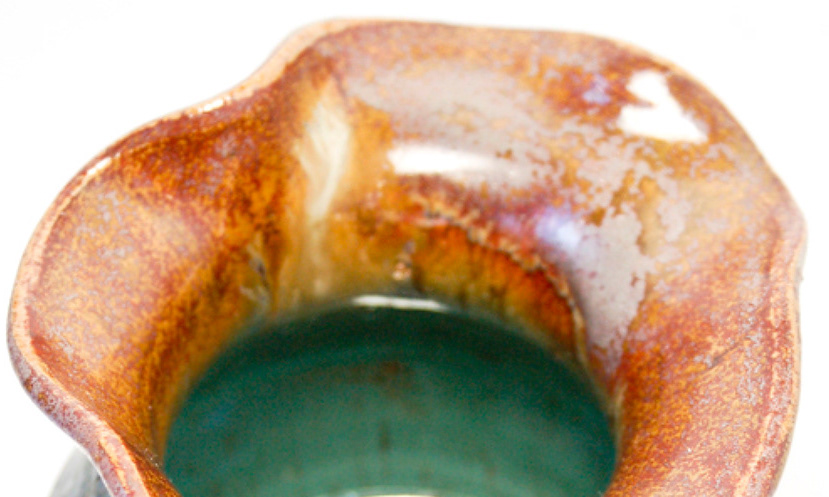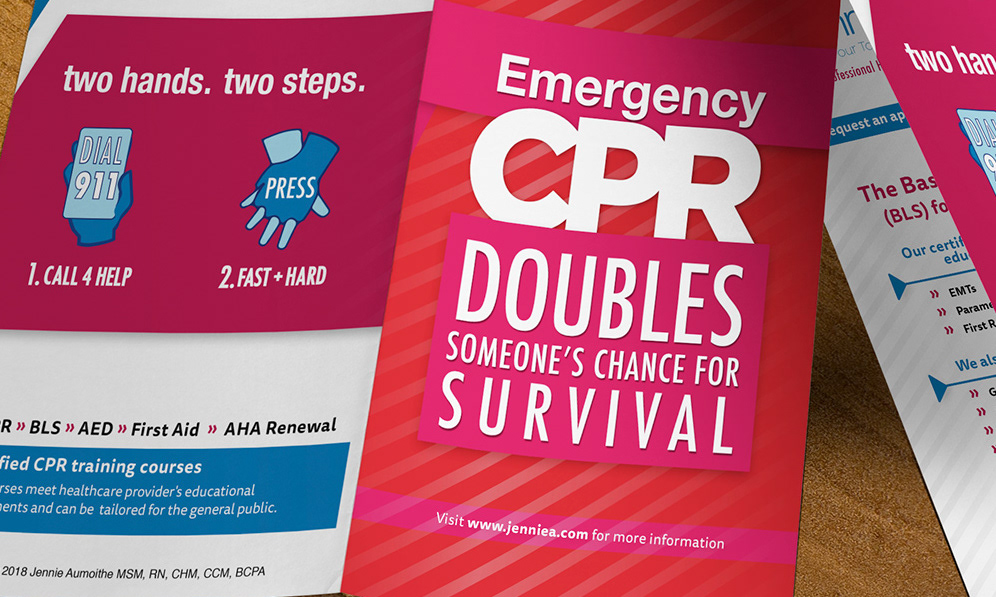Alcoholism Awareness
Educational Pamphlet
Educational Pamphlet
As someone who has suffered the effects of the disease from the other side; I researched the issue and created this brochure to help others understand how Alcohol effects the human brain from the time of intoxication to permanent damage down the road. I know trying to talk to someone about their addiction can be a very difficult endeavor. If you know someone who is suffering the pains of addiction; do the best you can to them get help...
Alcoholism is associated with denial; the person believes that one’s self is in control of the situation. The recognition of the problem is the first step to the treatment therefore understanding and accepting the symptoms are crucial. Alcoholism is a serious disease and it is best cured if treated in its early stages.
Effects:
Alcohol produces both physical and Psychological addiction. Alcohol is a central nervous system depressant that reduces anxiety, inhibition, and feelings of guilt. It lowers alertness, impairs perception,
judgment, and motor coordination. In high doses, it can cause loss of consciousness and even death.
Alcoholics show specific deficits in problem solving, abstract thinking, concept shifting, psycho motor performance, and difficult memory tasks. Such deficits usually are not apparent without neuropsychological testing. In addition, structural changes in the brains of alcoholics have been reported, as well as reduced cerebral blood flow and altered electrical activity.
Alcohol Amnestic Disorder, commonly called Korsakoff’s psychosis is characterized by short term memory impairments and behavioral changes that occur without clouding of consciousness or general loss of intellectual abilities. Dementia associated with alcoholism consists of global loss of intellectual abilities with an impairment in memory function, together with disturbance of abstract thinking, judgement and other higher cortical functions, or personality change without a clouding of consciousness.
Causes:
Alcohol produces both physical and Psychological addiction. Alcohol is a central nervous system depressant that reduces anxiety, inhibition, and feelings of guilt. It lowers alertness, impairs perception,
judgment, and motor coordination. In high doses, it can cause loss of consciousness and even death.
Alcoholics show specific deficits in problem solving, abstract thinking, concept shifting, psycho motor performance, and difficult memory tasks. Such deficits usually are not apparent without neuropsychological testing. In addition, structural changes in the brains of alcoholics have been reported, as well as reduced cerebral blood flow and altered electrical activity.
Alcohol Amnestic Disorder, commonly called Korsakoff’s psychosis is characterized by short term memory impairments and behavioral changes that occur without clouding of consciousness or general loss of intellectual abilities. Dementia associated with alcoholism consists of global loss of intellectual abilities with an impairment in memory function, together with disturbance of abstract thinking, judgement and other higher cortical functions, or personality change without a clouding of consciousness.
Causes:
Alcohol addiction is a complex disease that results from a variety of genetic, social, and environmental influences.
Not too long ago, alcoholism was viewed as a moral problem. Today, many regard it primarily as a health problem. To each problem drinker, it will always remain an intensely personal matter.
Studies show that people who start drinking before age 15 are four times more likely to become alcoholics than those who wait until they are 21.
You may be an alcoholic if you have more than two drinks on a daily basis, or engage in frequent binge drinking, destructive behavior and, cannot stop yourself from doing so by your own self willing.
Not too long ago, alcoholism was viewed as a moral problem. Today, many regard it primarily as a health problem. To each problem drinker, it will always remain an intensely personal matter.
Studies show that people who start drinking before age 15 are four times more likely to become alcoholics than those who wait until they are 21.
You may be an alcoholic if you have more than two drinks on a daily basis, or engage in frequent binge drinking, destructive behavior and, cannot stop yourself from doing so by your own self willing.
Choice
Free will is not involved, because the sufferer has lost the power of choice over alcohol. The important thing is to face the facts of one’s illness and to take advantage of the help that is available. There must also be a desire to get well.
Disease
Alcoholism is an progressive illness, which can never be cured but which, like some other diseases, can be arrested. The illness represents the combination of a physical sensitivity to alcohol and a mental obsession with drinking, which, regardless of consequences, cannot be broken by willpower alone. Because it is an illness — a physical compulsion combined with a mental obsession to drink — the alcoholic must learn to stay away from alcohol completely in order to lead a normal life.









